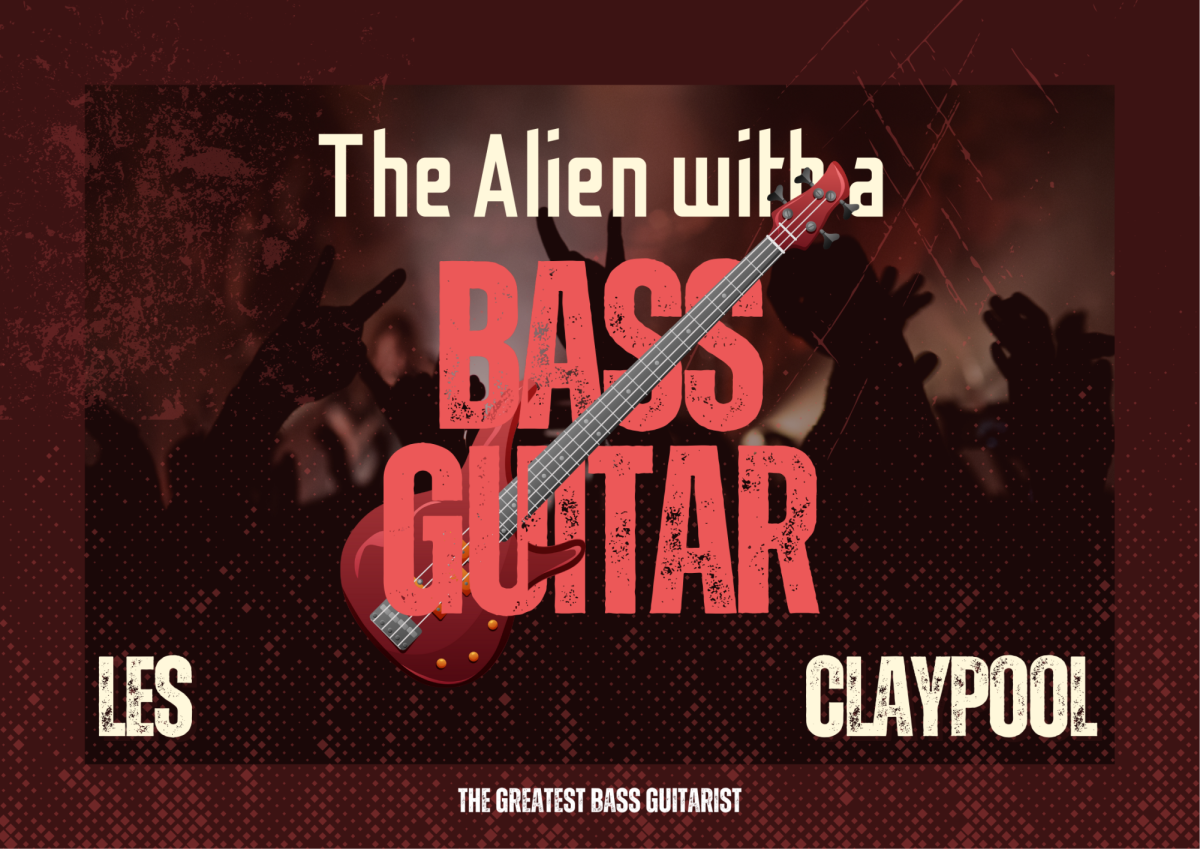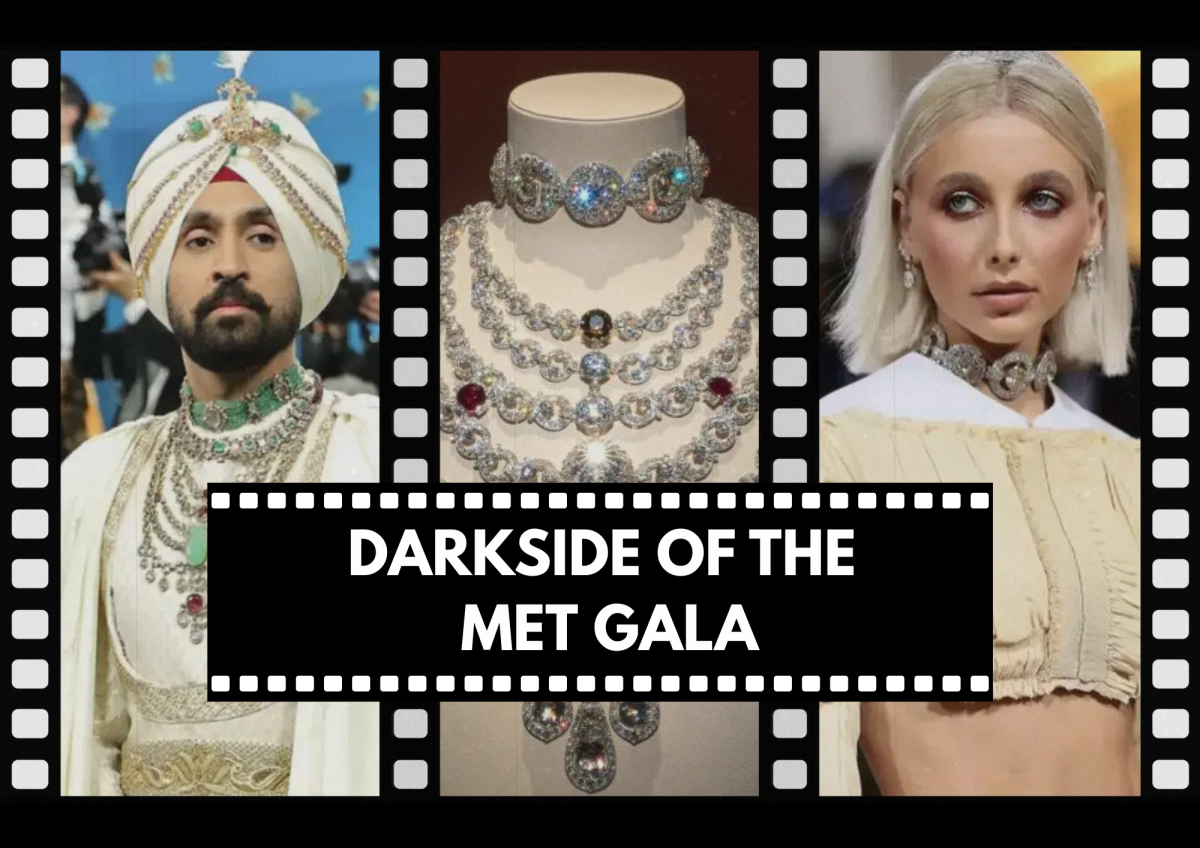This article was originally published by Cape Fear Voices/The Teen Scene. It has been republished with permission as part of We Are’s international student voice partnership.
Do you have a friend who enjoys horror movies? Or, perhaps, you are that friend. Maybe you understand the thrill of watching a gory slasher, or psychological thriller, or maybe you’d prefer something milder, like a quick-witted comedy or a swoon-worthy romance. In a poll of my friends, about half loved horror movies, while the others detested them. It’s rare to find someone who just likes these kinds of movies. It’s a subject with very little middle ground– you’re either an avid fan or a scorning critic. But have you ever wondered just what it is about these movies that makes them enjoyable?
Counterhedonic consumption is the phenomenon of seeking out a stimulus– in this case, a movie– that is designed to evoke negative emotions. In recent years, this has become a trend, and rates of counterhedonic consumption have skyrocketed. This, however, is not an answer in itself. It instead poses another question: why might one seek out negative experiences? Some psychologists believe that the stronger the negative reaction or experience, the stronger the following positive reaction or experience will be. This is commonly used in behavioral therapies; pairing good and bad stimuli will cause stronger positive emotions.
Another explanation is that horror movies are stimulating, both physically and mentally. Horror movies can cause fear, anxiety, and stress, all of which cause physical as well as mental symptoms. You could feel yourself start to shake, and your mind may run away with all the different horrific possibilities. This can be explained in one word: epinephrine, more commonly known as adrenaline. In times of extreme stress (perceived or genuine), the brain releases epinephrine, which in turn causes your heart to beat faster, sending more blood to your muscles and brain. This is why fight or flight happens– the extra blood flow allows your body to perform better in stressful situations. Additionally, blood sugar levels are increased, causing you to have more energy, and pain is dulled. This would, biologically, allow one to continue to fight or escape in the event of an emergency. This adrenaline rush that comes from horror movies can be addicting, just like any other thrill-seeking behavior.
A third possible answer is that we as humans have a morbid curiosity for the darker things in life, such as death and gruesome injury. Research suggests that humans are naturally attuned to recognize certain things in life, such as faces, people, and, interestingly, danger. We are biologically wired to understand what is dangerous and what is not; it’s a trait that has helped us survive for thousands of years on this Earth. We, as humans, are designed to avoid danger, but instead, we yearn for it. This can be explained, too– morbid curiosity is a psychological trait for a reason. For as long as humanity has been around, so has curiosity.
Psychologists theorize that perhaps we are interested in death and danger so we can learn how to identify it faster. To know the depths of the evils of the world is to be prepared, and something in the human spirit wants to be prepared. It’s part of what has kept us alive this long.
There are many reasons people are fascinated by horror. It’s a phenomenon that has been around as long as we have. There’s nothing wrong with liking horror– in fact, evidence suggests it’s completely natural. So next time you feel bad about your love for horror, or feel like teasing another friend about his or her unusual tastes, remember this article and the many biological factors that play into it.
__________________________________________________
● https://carey.jhu.edu/articles/research/why-we-enjoy-horror-science-explains
●https://www.healthdirect.gov.au/adrenaline#:~:text=Adrenaline%20makes%20your%20h%20eart%20beat,grow%20larger%20and%20you%20sweat
●https://www.sciencedirect.com/science/article/abs/pii/S0191886921005183














